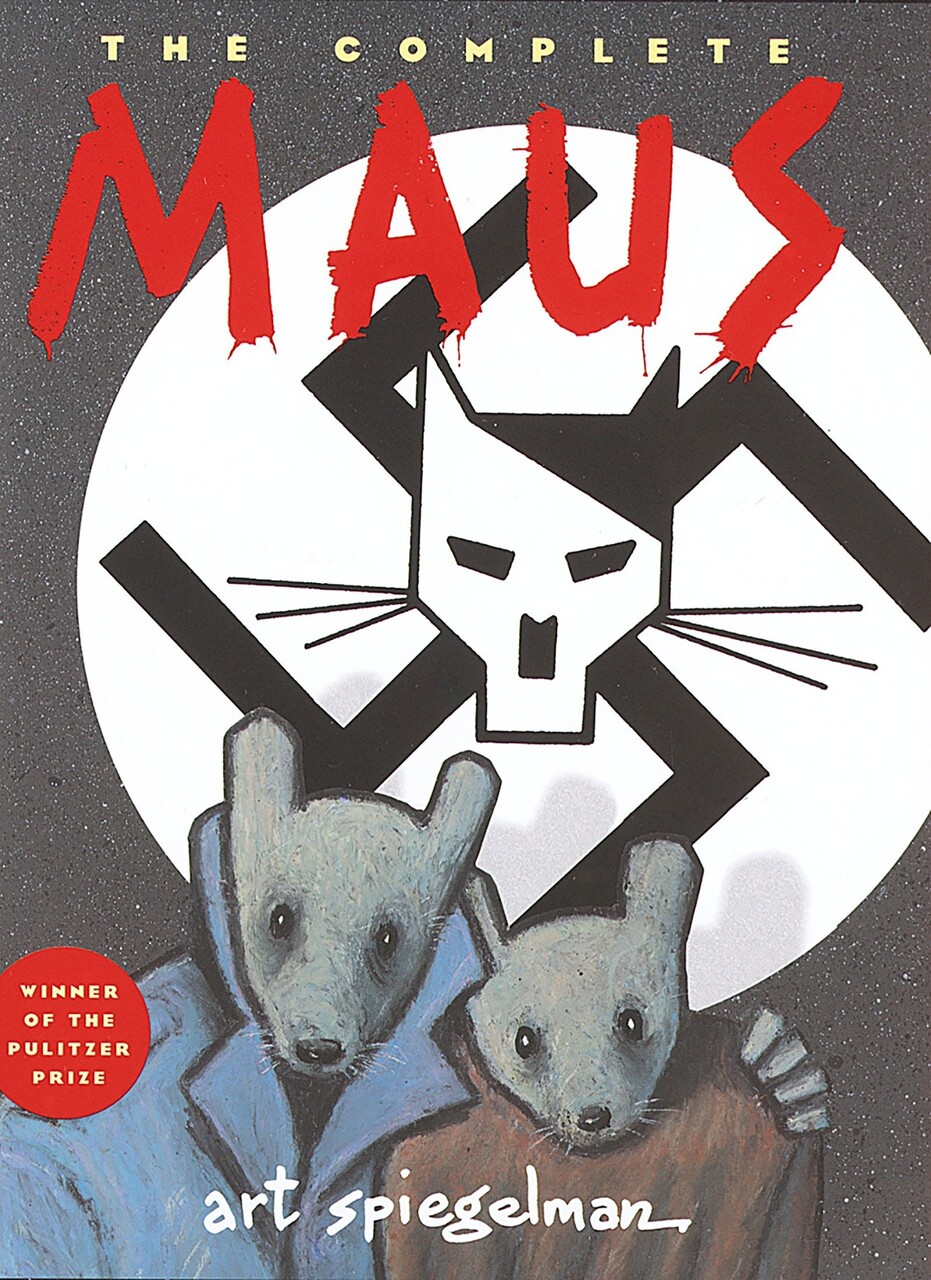Posts from September 2006
A Pointless Update
I bet you’re wondering what I’m doing, right? Of course you are! Waiting with bated breath for my every word and phrase… how can I blame you, really? Well, just so you’re aware, no, I haven’t yet become fabulously wealthy, enabling me to abandon my roots and live a life of hedonistic pleasure seeking. Nor have I discovered a cure for some life-threatening ailment, thus securing my name in the annals of history.
However, I have found myself playing around with Squeak after a rather long hiatus, and I’m reminded again of how freakin’ awesome Smalltalk is as a language, and Squeak as a programming environment.
Of course, you might ask yourself… huh? Well, perhaps I can alleviate your confusion by explaining a little bit about Squeak and why it’s so, to repeat, freakin’ awesome. Imagine an operating system kind of like Windows. It has your usual complement of windows, dialogs, buttons, and so forth, and comes packaged with a couple interesting little toy applications. However, when you right-click on a window, you can pop up a debug menu with an option that says “browse class”. Selecting this option opens up a window which allows you to actually explore or modify the source code to the Window class itself. And this is true for any and all objects in the system.
So, can you see why this is neat? In essence, every single aspect of the system is exposed to the user, available should they want to explore or modify it. To top it off, the entire system is written in Smalltalk, which is easily my favorite object-oriented language. Frankly, I wish I could have had access to Squeak back in my formative years… given the way it encourages exploration, it’s really the ultimate child’s programming environment.
Review: V for Vendetta

Set in a futurist totalitarian England, a country without freedom or faith, a mysterious man in a white porcelain mask strikes back against the oppressive overlords on behalf of the voiceless. Armed with only knives and his wits, V, as he’s called, aims to bring about change in this horrific new world. His only ally? A young woman named Evey Hammond. And she is in for much more than she ever bargained for…
A visionary graphic novel that defines sophisticated storytelling, this powerful tale detailing the loss and fight for individuality has become a cultural touchstone and an enduring allegory for current events. Master storytellers Alan Moore and David Lloyd are at the top of their craft in this terrifying portrait of totalitarianism and resistance.
This paperback edition collects the classic graphic novel, which served as inspiration for the hit 2008 film from Warner Bros.
You can probably guess what this entry is about. Yes, it’s another book review, of a sort. This time, it’s about Alan Moore and David Lloyd’s dystopic graphic novel “V for Vendetta” (Now A Major Motion Picture! (tm)). This whole graphic novel kick I’ve been on was really inspired by the movie adaptation of this book (which is an excellent film, by the way), and so it stands to reason that I would tackle it at some point. My conclusion? It’s good. But I think “Watchmen” is better.
Continue reading...Good Fences Make Good Neighbours
Unfortunately, bad fences are another thing entirely. Many weeks ago, my neighbour decided he wanted to build a fence. “Sure!”, I said, not realizing what I was really in for. Some time later, fence posts arrived, and I started to wonder when we would begin.
Well, I found out one morning when, to my surprised, I heard the sounds of digging outside. I went out to find him installing posts with the help of his other neighbour. This would be fine… if they knew what the hell they were doing. But they didn’t. The holes were far too shallow (maybe a foot deep), and the 4x6 posts were turned so the short side lined up with the fence line, and in many cases they weren’t even properly aligned. It suffices to say I got out there immediately. We ended up digging 2’ holes (which probably should have been 3’, but he wouldn’t listen) with no gravel in the bottom (despite my enquiries) and concrete dumped in the holes with the posts (he claims we didn’t need forms).
This is when I first realized something about my lovely neighbour: he’s a know-it-all who doesn’t actually know what the fuck he’s doing. Worse, he is whatever the opposite of a perfectionist is. This certainly explains why he was so impressed with my work on our Cedar Deck.
This was all illustrated in our next interaction. We had talked about materials, and I told him I wanted pressure-treated or Cedar, nothing else (I’m not planning to treat the fence right away, if at all). Moreover, standing beside the fence posts which extended far above my 5’ 6” frame, I told him we’d need at least 6’ boards. Well, guess what showed up on his driveway a week or two later? 5’ spruce boards! Well, there was no way I was going to put up with that, so I told him he had to have the boards replaced with 6’ PT.
Oh, but I’m not finished! The neighbour decided, on some of his off time, to put the 2x6 cross braces on. Good idea, right? Apparently not. You see, rather than building a nice sloped fence like everyone else in our neighbourhood, he decided to use joist hangers and make a stepped one. So now, either I’m going to get fucked with two different styles of fence, or my other neighbour will, and I’m not willing to inflict that on him.
But wait, you probably think I’m done now, right? Oh no! No no! You see, we still haven’t gotten to the fence boards! I was chilling comfortably in the house when I heard the sound of a drill outside. “Oh shit, he’s working on the fence”, I thought, and I raced outside to find he’d finished the far panel and had started on the next one. From a distance, it didn’t look too bad… and then I got closer. First, I should point out that he put all the fence boards on his side, which isn’t that big of a deal. However, he also bought screws that were too long. So, on the entire first panel, all the screws had driven straight through and were sticking out on my side. ARGH! Worse yet, his idea to fix it was, get this, to grind the tips off. Let’s just say I objected.
“But what about the second panel?”, you ask? He decided to start driving the screws in at an angle, rather than doing the obvious and just returning the damned screws. Well, in this case, I didn’t care too much, as the screw heads show on his side, not mine. But, upon examining the work, it was pretty damned obvious that the fence boards started level with the top cross-brace, and slowly started curving up! I mean, how could you not notice this?!?
At this point, I simply took over. There was no damn way I was going to let him fuck up my fence further. Luckily, he had to drive his wife somewhere, and by the time they’d returned, I’d already done two panels and started a third, and by the end of the evening, I was done. The next day, I rescrewed the entire first panel (though, now my side of the cross braces are peppered with holes) and repositioned all the boards in the second one. The result is that we now have a decent (if somewhat odd) looking fence on the east side of our property that isn’t going to match with the one on the west. Woo fucking hoo.
Interestingly, this is a very clear illustration of why I chose to work on the deck alone. I’m a perfectionist, and unless I’m working with another perfectionist, I would inevitably get very frustrated. Moreover, if I work alone, I only have myself to blame if there are flaws in the finished product… as opposed to cursing someone else’s name every time I noticed something that annoyed me. :)
Review: The Complete Maus

The Pulitzer Prize-winning Maus tells the story of Vladek Spiegelman, a Jewish survivor of Hitler’s Europe, and his son, a cartoonist coming to terms with his father’s story. Maus approaches the unspeakable through the diminutive. Its form, the cartoon (the Nazis are cats, the Jews mice), shocks us out of any lingering sense of familiarity and succeeds in “drawing us closer to the bleak heart of the Holocaust” (The New York Times).
Maus is a haunting tale within a tale. Vladek’s harrowing story of survival is woven into the author’s account of his tortured relationship with his aging father. Against the backdrop of guilt brought by survival, they stage a normal life of small arguments and unhappy visits. This astonishing retelling of our century’s grisliest news is a story of survival, not only of Vladek but of the children who survive even the survivors. Maus studies the bloody pawprints of history and tracks its meaning for all of us.
So, as I mentioned in my entry on the graphic novel Watchmen, I chose Maus (and Maus 2) as the next step in my foray into the graphic novel medium. Maus is, first and foremost, the tale of a holocaust survivor. Written by Art Spiegelman, the core narrative surrounds his father, Vladek, and his life in Poland before, during, and shortly after the holocaust. In an unusual twist, the story is told from a sort of metabiographical perspective, in that the reader is presented with a depiction, not only of Vladek’s tale, but also of the author’s experiences as he goes through the process of interviewing his father and writing the book. The result is that we not only learn of Vladek’s experiences surviving the unthinkable, but also the effect these events have on his present day life and the individuals connected to him.
Continue reading...